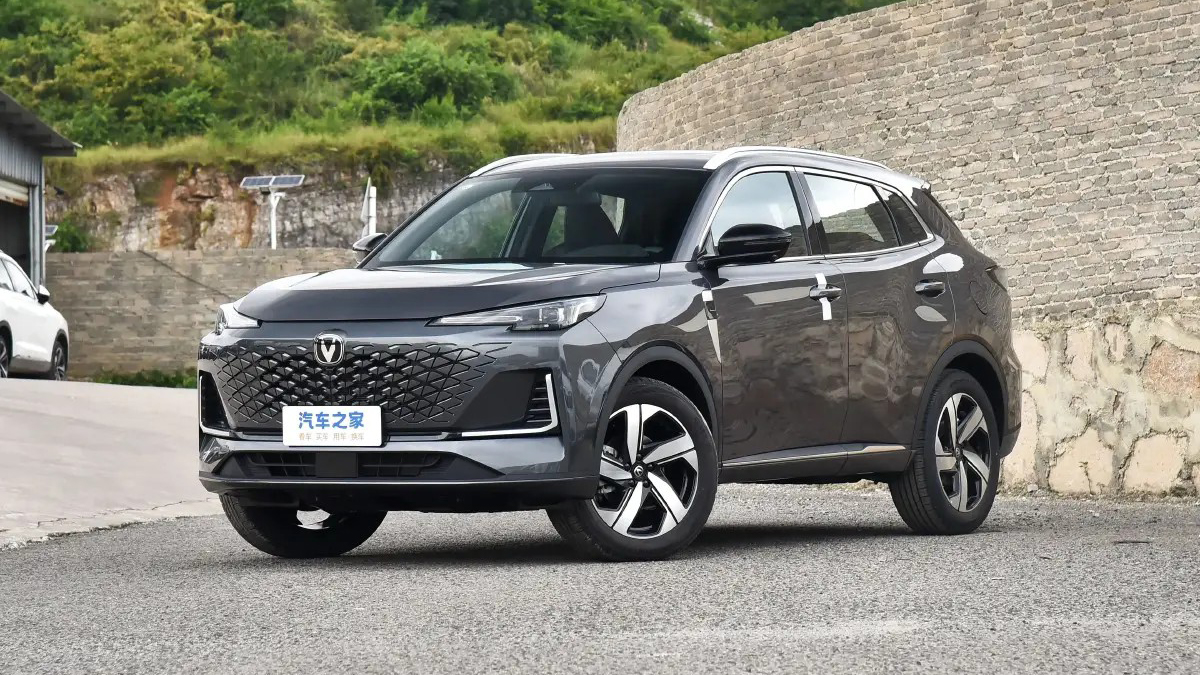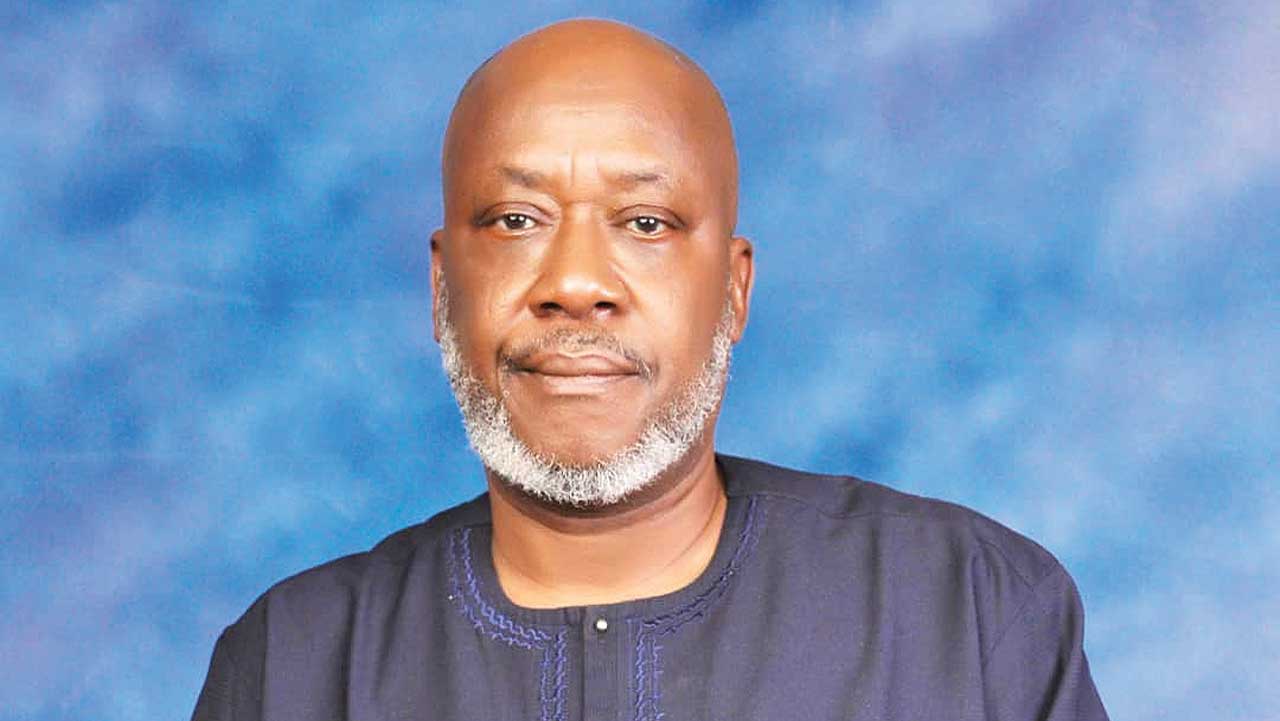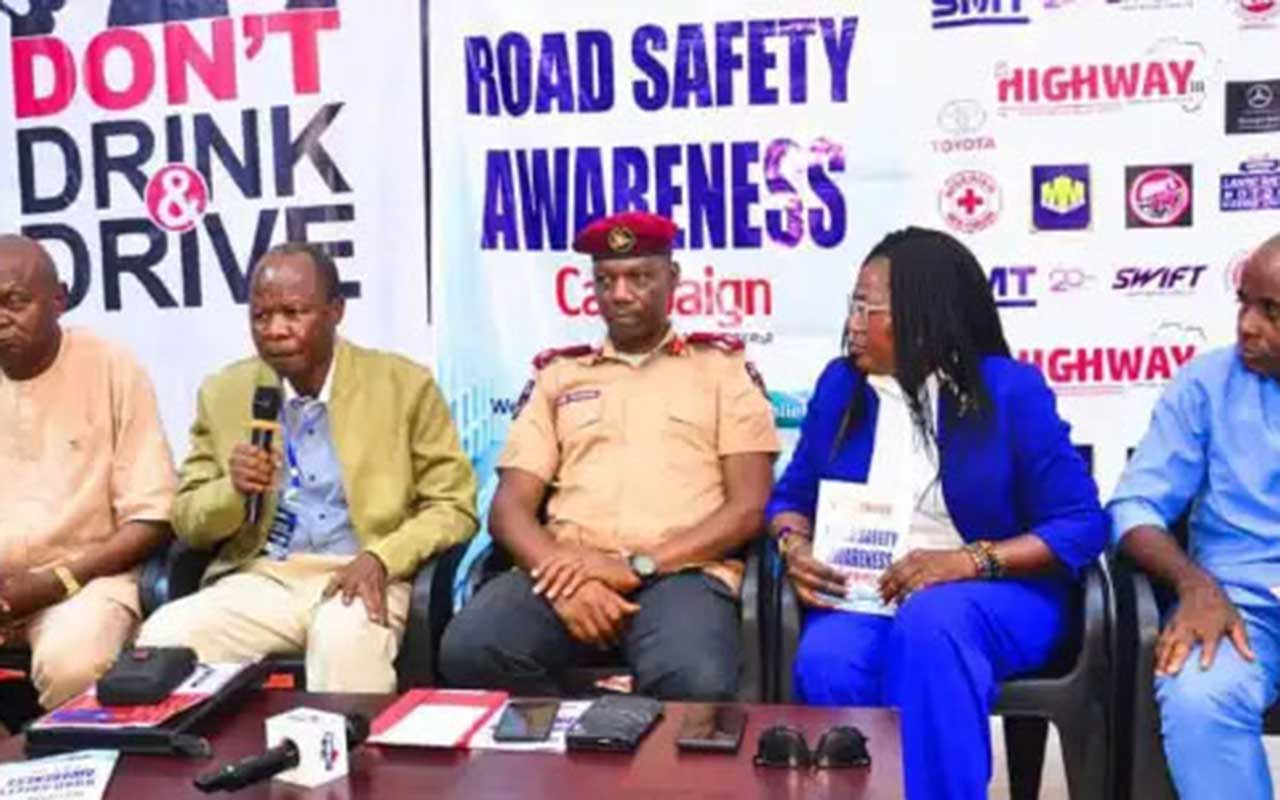A new Ride-Hailing Safety Index Report commissioned by Bolt and conducted by a research company, Ipsos, has revealed that 81 per cent of Nigerian passengers perceived ride-hailing as safer than other transport options.
The report, based on surveys conducted across major cities including Lagos, Abuja, Port Harcourt and Ibadan, explored how safety perceptions influence transport choices.
The findings were unveiled at a press briefing hosted by Bolt, which brought together government representatives, mobility experts, and safety advocates to discuss insights from the study and Bolt’s ongoing commitment to safe, reliable urban mobility.
Results showed that Nigerians choose ride-hailing primarily for safety and convenience.Nearly all respondents (96 per cent) said they opt for ride-hailing when public transport feels unsafe, particularly during late-night travel, in unfamiliar areas, or after drinking alcohol.
Moreover, 94 per cent have booked rides for family members or friends to ensure their safe return home.
Two-thirds of respondents (66 per cent) believed ride-hailing apps help reduce drunk driving by offering a reliable and accessible alternative.
The survey also found that women make up 70 per cent of ride-hailing users in Nigeria, with the largest demographic aged 25–34 years, and most passengers using the service several times a week.
This demonstrated how ride-hailing has become an essential part of daily mobility for many urban Nigerians.Safety-enhancing features such as real-time GPS tracking (62 per cent), driver verification (58 per cent), and trip sharing (49 per cent) were identified as key tools that increase passenger confidence.
The research highlighted that visibility, accountability, and traceability are the strongest factors influencing users’ trust in app-based transport.
Speaking at the press briefing, General Manager, Bolt Nigeria, Osi Oguah, said safety was at the core of the company.Oguah emphasised that this research gave the company valuable insight into how Nigerians experience and perceive safety when using ride-hailing.
“We will continue to invest in technology, partnerships, and awareness to ensure every ride on Bolt is not only affordable and reliable but also safe,” he added.
Commending Bolt for the initiative, the Lagos State Commissioner for Transportation, Oluwaseun Osiyemi, who was represented by the Director of Transport Operations, Ministry of Transport, Lagos, Olasunkanmi Ojowuro, said the decision by Bolt to commission an independent safety perception study was commendable and forward-thinking.
Osiyemi noted that this demonstrated a genuine commitment to listening to users, understanding their concerns and continuously improving the ride-hailing experience.
The Ipsos representative, Stephanie Kanyiri, pointed out that the findings reflected an encouraging trend: Nigerians increasingly see ride-hailing as a trusted and secure mobility option.
“Safety features that enhance visibility, accountability, and control are major drivers of confidence among passengers, especially in urban centres,” Kanyiri added.






